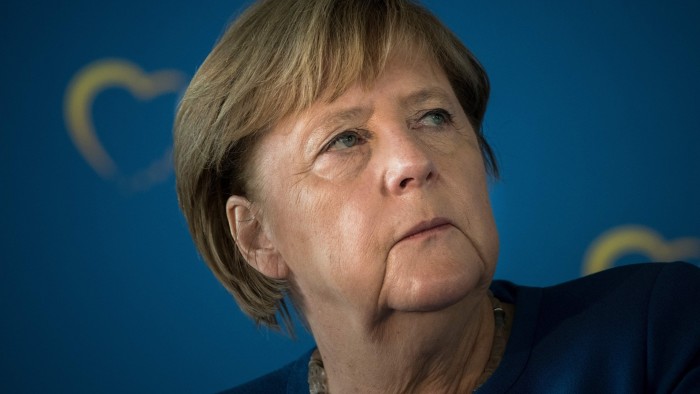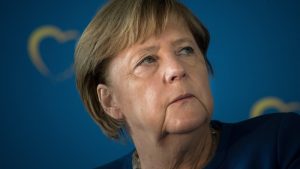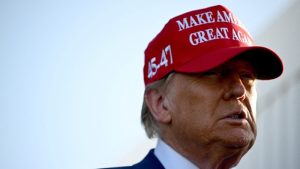Relax Germany’s debt brake, says Angela Merkel

Stay informed with free updates
Simply sign up to the German politics myFT Digest — delivered directly to your inbox.
Former chancellor Angela Merkel has called for Germany to relax its “debt brake”, in a sign of the growing political pressure to overhaul a borrowing cap that many economists say is too inflexible.
Merkel, who served as chancellor between 2005 and 2021 and introduced the debt brake into Germany’s constitution, made the proposal for change in her autobiography Freedom: Memories 1954-2021.
It comes just days after Friedrich Merz, leader of Merkel’s party, the Christian Democratic Union, and the man polls suggest could become Germany’s next chancellor in snap elections next February, indicated for the first time that the rule could be modified.
The debt brake caps new borrowing by the federal government at 0.35 per cent of GDP, adjusted for the economic cycle, and also bars Germany’s 16 individual states from taking on any new debt at all.
It was enacted into law in 2009 and took effect in 2016, though it was suspended during the Covid-19 pandemic and again after Russia’s full-scale invasion of Ukraine. It was reinstated this year.
Merkel insisted that the “idea of a debt brake in the interests of future generations is still right and proper”.
“But to avoid conflicts over resource distribution in society and adapt to the changes in the age profile of the population, it needs to be reformed to allow higher levels of debt to be assumed for the sake of investment in the future,” she went on.
Merkel said the war in Ukraine and Russia’s increasing belligerence meant Germany would have to “substantially” increase defence spending over the next few years, warning that the Nato target of spending 2 per cent of GDP on the military “will not be enough”.
Higher military expenditure, she said, would inevitably lead to “conflicts with other areas of policy”, especially as Germany will also have to spend 5 per cent of GDP on research and development, 0.7 per cent of GDP on international aid and “additional state funds” on the green transition.
Her intervention comes at a time when differences over the wisdom of the debt brake have become one of the main faultlines in German politics.
Parties of the left say it prevents the vast investments needed in Germany’s crumbling infrastructure and armed forces. Parties of the right, including Merkel’s party, the CDU, see it as a way of protecting future generations from an exploding debt burden.
The brake also triggered the collapse of Chancellor Olaf Scholz’s three-party coalition earlier this month. Scholz sacked his hawkish finance minister, Christian Lindner, after he refused to suspend the debt rule to allow for more aid to Ukraine. Lindner’s party, the FDP, then left the government.
But the CDU has also indicated flexibility on the debt brake. Speaking to a business conference earlier this month, Merz said only a few articles of the constitution were immutable. “Everything else can be debated,” he said.
The key issue, Merz added, was what the new borrowing arising from a loosening of the debt brake would be used for. He ruled out a reform that would simply allow more spending on welfare, for example.
But if the new borrowing were directed towards investments “then the answer can be different”, he said.
#Relax #Germanys #debt #brake #Angela #Merkel





